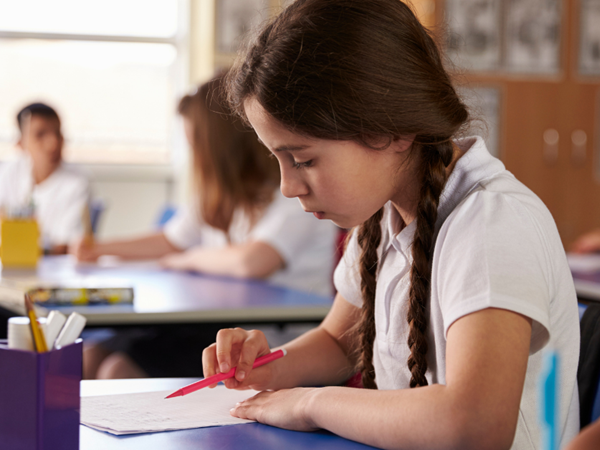We all know that this has been a very challenging and unpredictable year, with many disruptions to our everyday routines!
Children and young people will have been affected by the pandemic in different ways, including big changes to their education, social lives, and seeing family members. Many young people had to adapt to completing schoolwork from home, changes in the way exam results were decided, and worrying about what their future education might look like in this uncertain time. It is natural that some of these changes may have an affect children and young people’s wellbeing such as experiencing anxiety and low mood.
Whereas some young people might have been happy at the thought of going back to school or college this September, it is also natural for children and young people to have felt worried and anxious before going back to school. Here at Changing Futures North East, we have come up with some top tips to help your child settle back into school or college.
Routine
Whilst at home during lockdown and school holidays, children and young people’s routines will have changed. With schools and colleges going back, young people will now need to be getting up much earlier in the day. It might be helpful to encourage your child to go to bed at a time that allows them to get 8+ hours of sleep at night, so they feel refreshed and ready for school the next day.
Another routine that might have changed over the last few months is mealtimes. It might be helpful to encourage your child to get into a routine that allows them enough time to eat breakfast before they go to school, as well as maintaining regular evening mealtimes.
Friends
During lockdown, children and young people might have not had much contact with their friends due to not seeing them at school or clubs. Now schools have gone back, children and young people will be able to see some of their friends, although they still might not be able to see all their friends due to being in different ‘bubbles’ at school.
It can be helpful for parents and carers to encourage their children to keep in contact with their friends, for example, encouraging your child to text/call friends, meeting up (whilst maintaining social distancing if they can) and attending clubs and hobbies again.
Keep up to Date with School Information
It’s really common now that schools use social media to keep parents, carers and students up to date with new info. It might be helpful to set up alerts on your social media account that mean when the schools post new information it sends you a push notification. Updates regarding COVID can happen at any time and quickly.
Although children and young people have now gone back to school, they might still have questions that have not been answered like who they can spend time with at break times.
It might be helpful to encourage your child to write down any questions they have and encourage them to ask their form teacher/head of year/a teacher they feel comfortable talking to.
Taking Time to Talk
Sometimes children and young people might feel like they are unable to share their feelings with adults, especially when they are worried/anxious. Setting aside the time to talk about the school day as a family maybe on the walk home from school or over dinner can be really reassuring to them.
Some good questions to get that conversation started could be,
- What was the best part of your day?
- Who did you enjoy talking to today?
- What was the best lesson you had today?
- Were any of your lessons difficult today?
- Did anything happen that made you worried today
Hopefully asking questions like the examples above will give children and young people a chance to talk about how they are coping and also share the things that are going well!
Getting Some Support
It is normal for children and young people to take a while to settle back into school, especially considering how long they have been out of school this year. However, if you are worried that your child is not settling in, they are becoming increasingly anxious or struggling with low mood, it might be helpful to reach out for support. There are numerous people that can offer support, for example, teachers and support staff in schools, or charities like Changing Futures North East.
Changing Futures North East offer a variety of support for children and young people’s wellbeing, including support with anxiety and low mood, support for families, as well as support for parents.
If you would like Changing Futures North East to offer wellbeing support for you or your child, you can fill in a short referral form here and email it to changing.futures@hartlepool.gov.uk .
You can also call for more information on 01429 891444 to discuss what support we can offer.



